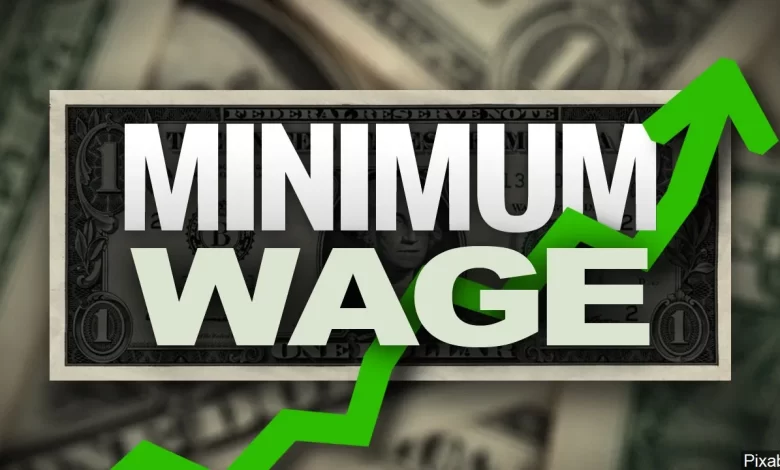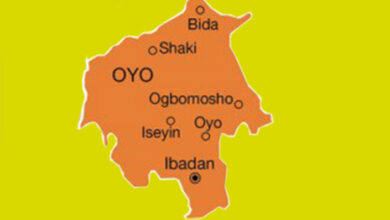FG Begins Payment Of N70,000 Minimum Wage, Raises Annual Salary Bill To N4tn

Seven months after negotiations that resulted in a new minimum wage of N70,000, the Federal Government of Nigeria began paying public servants the revised salary in September 2024. The new wage structure affects over 1.2 million federal civil servants across various ministries, departments, and agencies.
The warrant for the September salary, signed by Dr. Oluwatoyin Madein, the Accountant-General of the Federation, directed the commencement of the payment, which applies to all levels of civil service. The Salaries and Wages Commission provided a breakdown of the annual earnings for different cadres under the Consolidated Public Service Salary Structure (CONPSS). For instance, grade-level one officers will now earn N930,000 annually, while grade-level 17 officers, the highest in civil service, will receive N6,918,560 per annum.
The government allocated a total of N334.9 billion for the monthly wage bill, translating to approximately N4.02 trillion annually. While the new minimum wage brings some relief to workers, many civil servants expressed dissatisfaction, citing the current economic hardships as making the increase insufficient. Some pensioners, especially in the Southwest, called for a renegotiation of the minimum wage to N250,000, arguing that the N70,000 does not reflect the rising cost of living, particularly due to fuel price increases.
Organised labour bodies, such as the Nigeria Labour Congress (NLC) and the Trade Union Congress (TUC), urged other sectors to follow the Federal Government’s example by implementing the new minimum wage. However, private sector representatives expressed concerns about the feasibility of complying with the new wage policy, particularly for small and medium-sized enterprises (SMEs). Business leaders warned that some companies might be forced to downsize or close if required to pay the new wage without government support.
The Manufacturers Association of Nigeria (MAN) noted that while larger manufacturers already pay salaries above N70,000, smaller businesses would need support to comply. The association highlighted that increased wages could positively impact the economy by boosting consumer purchasing power, but cautioned that businesses need the capacity to sustain such payments.
This development marks a significant milestone in the government’s efforts to improve workers’ welfare, but it also underscores the ongoing economic challenges facing the country. The balance between worker compensation, business survival, and economic growth remains a crucial topic of discussion for policymakers, employers, and labour leaders.



